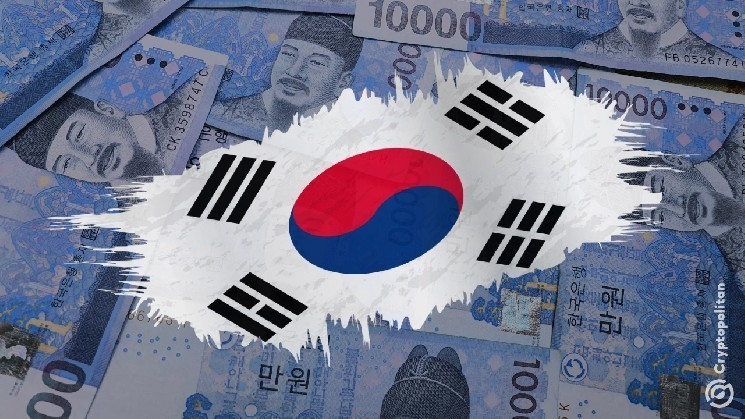The Bank of Korea (BOK) Governor Lee Chang-yong has expressed concern about the issuance of won-denominated stablecoins by non-bank entities.
He shared his concerns during a press conference after the BOK’s Monetary Policy Committee decided to maintain the base interest rate at 2.50%.
BOK Governor is worried about future confusion
The topic of stablecoins has taken center stage in various countries, and South Korea is no different. However, despite the idea’s popularity, the Bank of Korea has often urged caution on the matter.
As such, it did not surprise many when the BOK’s governor expressed concern at a press conference earlier today, June 10. According to him, if multiple non-banking institutions are allowed to issue won-denominated stablecoins, it could trigger confusion on a scale that has not been witnessed since the issuance of private currency in the 19th century.
“In such a situation, it is difficult to implement monetary policy, and there will be the side effect of having to go through the process of returning to the central banking system again,” the governor said.
He remains convinced that if they allow the issuance of won stablecoins indiscriminately, it could clash with the foreign exchange liberalization policy. But at the same time, if non-banks are allowed to handle payment settlements, it would significantly alter their profit structure.
He has said the issue is not one the Bank of Korea can decide on alone, and that a direction can not be determined until the heads of the relevant ministries have made their decisions.
The stablecoins debate is gathering pace in South Korea
The governor’s position on the subject reflects ongoing tensions in the approach South Korea has taken to stablecoins.
The BOK, in particular, has historically been cautious about stablecoins, seemingly preferring CBDCs or tokenized deposits, a stance that directly contrasts with the current political momentum under President Lee Jae-myung’s administration, which continues to push for won-based stablecoins to be legalized.
In a bid to regulate stablecoin issuance and enhance transparency in the crypto industry, South Korea’s ruling Democratic Party proposed the Digital Asset Basic Act on June 10, 2025. However, it could also potentially allow non-bank entities to participate, and this is what has sparked debate about regulatory authority between the BOK and the FSC.
The BOK has reportedly decided to try the regulatory sandbox approach, which will allow them to experiment with new financial products in a controlled environment, ensuring compliance with existing regulations without sacrificing innovation.
The bank will use the sandbox to facilitate the testing of won-based stablecoin issuance. The initiative may involve a consortium of banks, fintech firms, and cryptocurrency exchanges, encouraging collaboration across the financial ecosystem.



